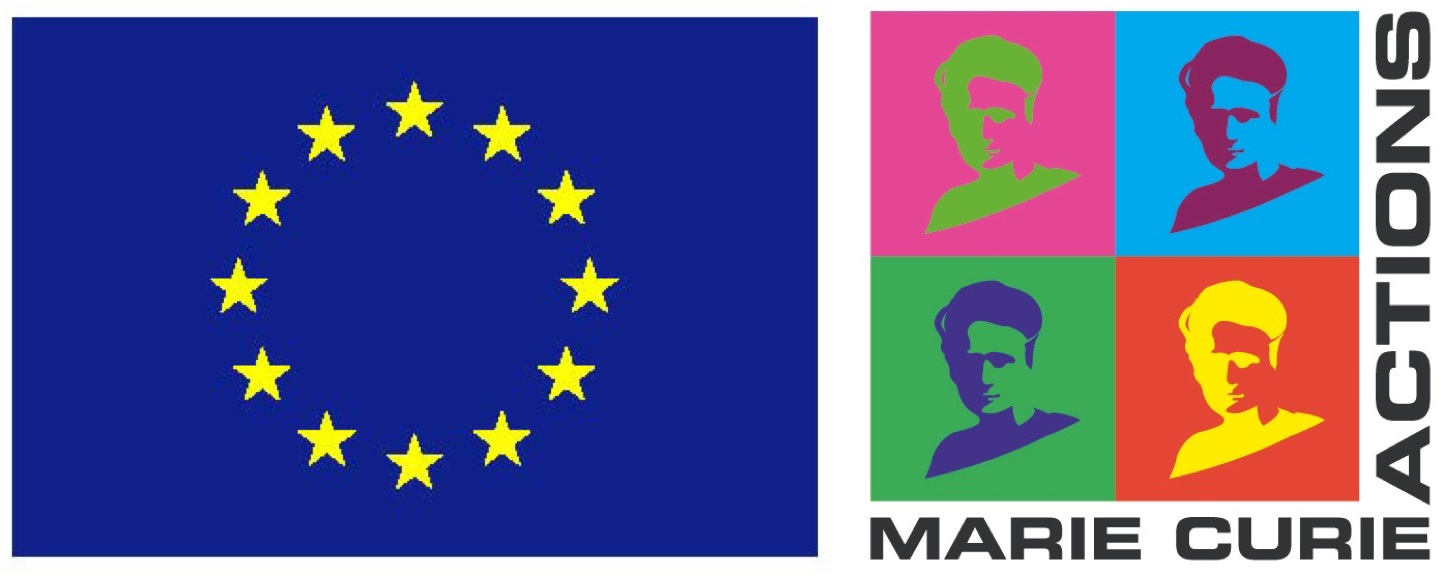

The #POPULISMCONTAGION project is funded by a Marie Skłodowska-Curie fellowship from the European Commission under the Horizon Europe programme. The research is conducted within the Department of Economics and Management "Marco Fanno" at the University of Padova, with Antonio Nicolò. The views and opinions expressed in this research are solely those of the authors and do not necessarily reflect the official position of the European Commission.
Abstract
The European Council included a free and democratic Europe on its strategic agenda for 2024-2029. However, the success of several populist parties is a serious threat to achieving this goal. Understanding how mainstream politicians respond to this pressure can reveal shifts in the broader democratic discourse. Focusing on French parliamentary elections, for which there are individual candidate manifestos, this project will be the first to credibly show how political candidates strategically adjust their campaigns to populist opponents.